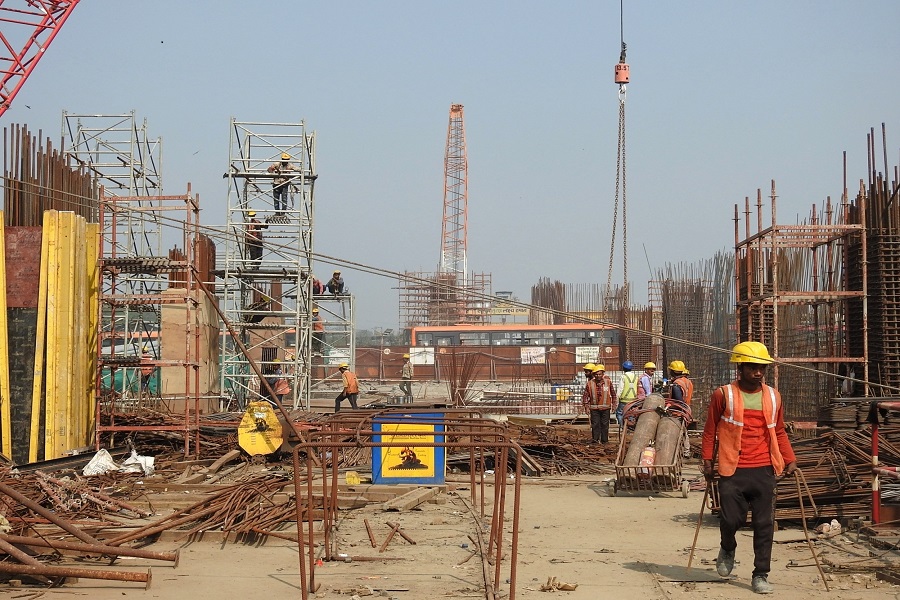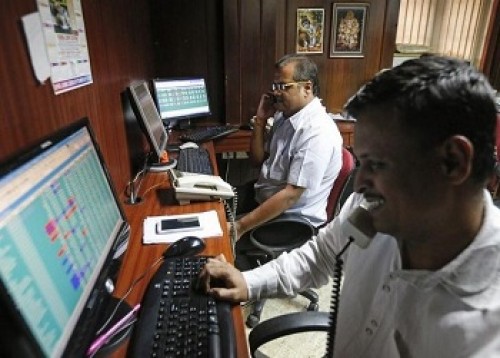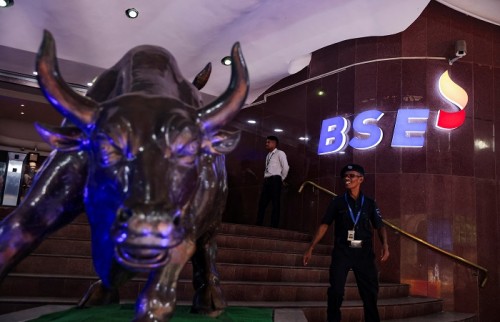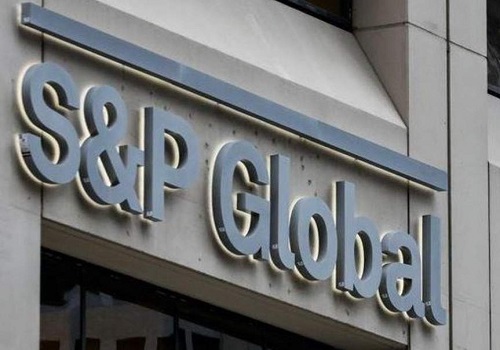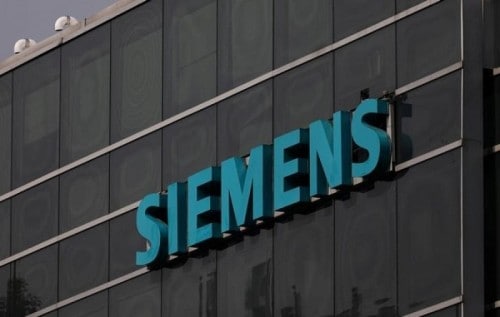Indian shares extend losses on COVID, inflation worries
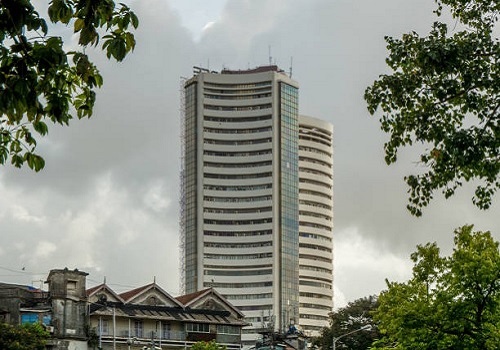
Follow us Now on Telegram ! Get daily 10 - 12 important updates on Business, Finance and Investment. Join our Telegram Channel
Indian shares extended fall for a third straight session on Thursday, with broad-based declines, after the Reserve Bank of India's latest monetary policy minutes revealed strong concerns about inflation, while fears of a COVID resurgence weighed on sentiment.
The Nifty 50 index closed 0.39% lower at 18,127.35, and the S&P BSE Sensex fell 0.39% to 60,826.22. This is the lowest close for both the benchmarks since Nov. 10. Both Nifty and Sensex had gained over 0.6% in the opening minutes.
All the sector indexes declined, with auto, metal, PSU banks and realty losing over 1% each.
Forty-one of the Nifty 50 constituents fell with UPL, Mahindra and Mahindra, Bajaj FinServ, Eicher Motors and IndusInd Bank losing over 2%.
The broad decline in Indian shares comes after the country's health minister on Wednesday said the pandemic was "not over yet," given "the rising cases of COVID-19 in some countries."
"Healthcare, diagnostics and all pharma-linked stocks will be in focus over the next few days due to the re-emergence of COVID-19 cases in China, which has led to worries elsewhere," said Siddhartha Khemka, head of retail research at Mumbai-based Motilal Oswal Financial Services.
Risk-off sentiment will continue to prevail in the market, he added.
Adding to the concerns in the domestic equities were the RBI's hawkish remarks at its December policy meeting.
A majority of the monetary policy committee members said the central bank cannot "afford to prematurely pause its rate tightening cycle" with inflation remaining "unconscionably elevated".
India's retail inflation eased below the RBI's upper tolerance limit of 6% for the first time this year in November, but core inflation stayed above 6%.
The remarks from the RBI minutes were "consistent with the central bank's adherence to tackling inflation," Motilal's Khemka said.
The decline in domestic shares is in contrast to global equities, which rose on the back of an overnight uptick in Wall Street after data showed that consumer confidence in the world's largest economy rose to an eight-month high in December.
Asian markets advanced after the bounce in U.S. shares, with the MSCI Asia ex Japan rising 1.37%. [MKTS/GLOB]
